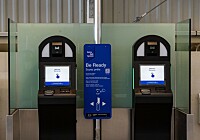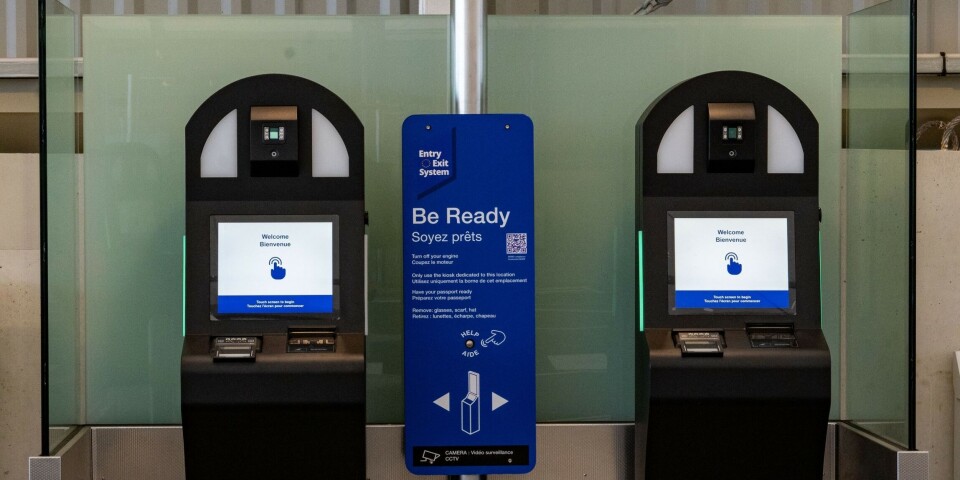Clarity needed on new tests for French multi-year residency cards, say applicants
A pass in a new ‘civic’ test is one requirement; we explain what it will contain
Civic test candidates will be asked about France’s motto
2020 shocky/Shutterstock
Foreign residents following new immigration procedures report being in the dark over new ‘civic knowledge’ tests required for multi-year residency card renewals from January 1, 2026.
Briton Tanya Motsi, 31, part of the first cohort taking a republican integration contract (CIR) under new rules, says staff at the local Ofii immigration service and workers at centres used by them for civic training sessions have so far been unable to clarify how the tests are to be taken.
They also gave mixed messages on whether it is essential to include a result certificate in applications made before 2026.
A recent decree confirmed that, as required by a 2024 immigration law, tests must be passed for applications from January 1, 2026. The Interior Ministry has told us that this should apply to “applications made” from that date.
However, candidates report being uncertain if applications submitted at the end of 2025 will be processed under the old rules or not.
Ms Motsi, who has been following the Ofii training process in Marseille, says there has also been a lack of clarity as to whether her European language level A2 pass in initial tests carried out at her Ofii welcome day will meet France’s new language requirements for a multi-year card, or if she must also obtain a certification from a private test centre, such as a TCF, TEF or Delf certificate.
The welcome day is a compulsory session as part of the integration process for many new arrivals.
She said she has contacted her prefecture for clarification and is awaiting news.
From our checks of the relevant legal texts as well as current practices with regard to certificates accepted for a 10-year carte de résident, we consider that the Ofii test result (used mainly to determine if a person should be offered extra language training or not) is unlikely to be accepted by prefectures.
Ms Motsi, who is British, added: “The employees do not know how we will be contacted for the civic test, where it will be conducted, or whether we will have the certificate in time for our visa renewals.”
The ministry has now told us that the practicalities for taking these tests are still being finalised and updates will be forthcoming in due course.
Ms Motsi arrived with an ‘entrepreneur’ VLS-TS visa to run a consulting business and followed Ofii’s civic and cultural training this summer with the hope of obtaining a first ‘multi-year’ entrepreneur card on expiry of her visa in mid-March.
She was told on her Ofii welcome day that applying before the end of the year was advisable to allow processing time, with Christmas and New Year coming up.
For her four days of civic training she was offered different slots over a three-month period and picked those most convenient, at two different centres. She had a more positive experience at one than the other.
There was a greater choice of slots for those in her position who did not require the presence of a translator.
A new ministerial order has now provided more detail of the contents of France’s new multiple choice ‘civic’ test, which will have three levels; for multi-year cards, 10-year cartes de résident, and nationality.
The test is via computer, will take 45 minutes and consist of 40 questions. An 80% pass will be required.
What topics will be covered?
The test will comprise the following topics:
Principles and values of the Republic, including its motto and symbols and the principle of laïcité [the secular state]; practical case study examples
French institutions and politics, including democracy and the right to vote, the organisation of the French Republic, European institutions
Rights and duties, including fundamental rights, obligations and duties of people living in France, and practical example situations
History, geography and culture: main historical periods and figures, French territories and geography, national heritage
Living in French society: settling and residing in France, access to healthcare, working in France, parental authority and the education system





























